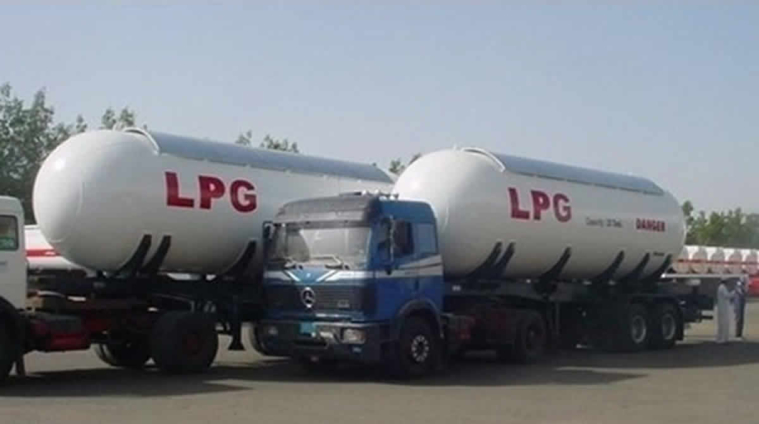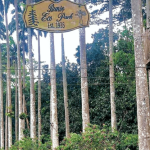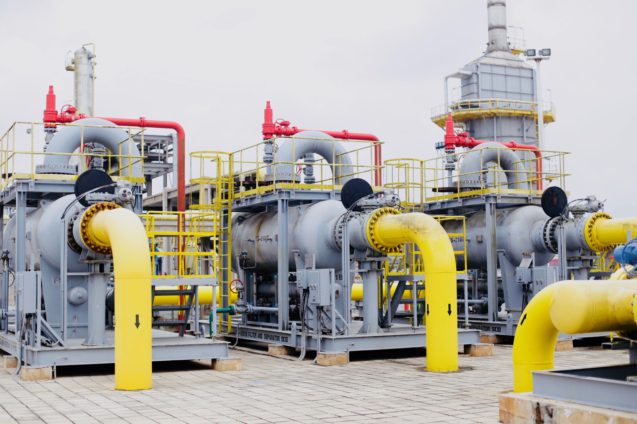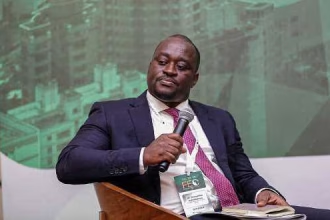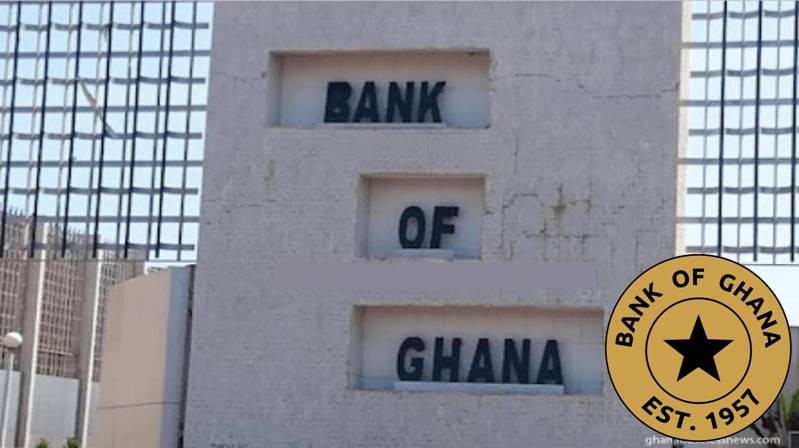The LPG Marketing Companies Association of Ghana (LPGMCs) has rejected assertions by the National Petroleum Authority that the move to cease business relations with SAGE Petroleum and Blue Ocean could pose a risk to the Atuabo Gas Processing Plant.
Vice Chairman, Gabriel Kumi insists the directive to its members was to cease doing business with the two firms at the Tema depots and not Atuabo.
SAGE Petroleum and Blue Ocean who were previously supplying LPG to local marketing companies obtained permits from the regulator, National Petroleum Authority to operate bottling plants under the Cylinder Recirculation Model and begin filling cylinders.
However, the LPGMCs consider this inimical to the survival of indigenous business, thus started a boycott of the two firms on the 12th of August 2024.
This has not gone down well with the National Petroleum Authority.
“You cannot block a service provider’s infrastructure, not to permit other people to go there to gain products,” Head of Gas Regulation at the NPA, Obed Kraine Boachie said in an interview.
“Atuabo is a strategic facility that allows us to evacuate LPG so the Gas Processing Plant can run. Once you stop the evacuation over there you create a national security issue”, he added.
But speaking in an interview, Mr. Kumi accused the NPA of trying to press the panic button.
“The Atuabo Gas Processing Plant was shut down for maintenance work and LPGMCs are not allowed to load products from there until 26th of August. We instructed our members not to load from the Tema Terminal”, Kumi explained.
“We are aware of the national security implications of not lifting gas from Atuabo. We are a responsible association and will not compromise national security”, he assured.
Mr. Kumi demanded fair regulation of the LPG market and kicked against what he describes as attempts to monopolise the industry.
The LPGMCs’ decision to boycott SAGE Petroleum and Blue Ocean is part of a broader initiative aimed at “protecting indigenous businesses, safeguarding over 10,000 Ghanaian jobs, and defending local investments exceeding $400 million made by Ghanaians over the past 30 years”.


